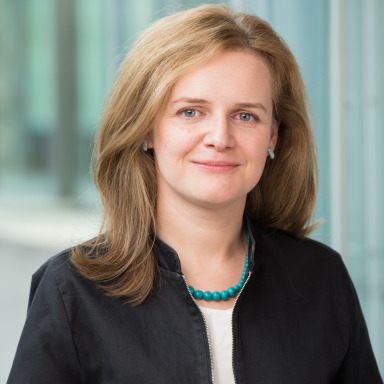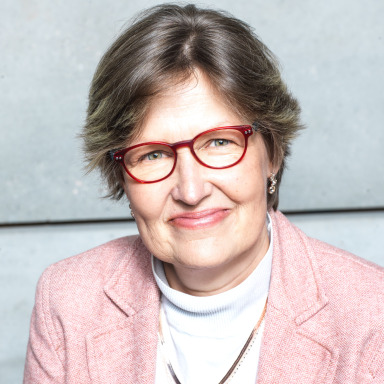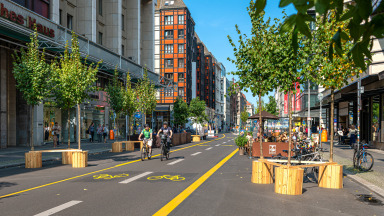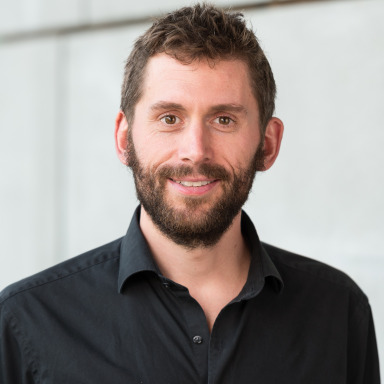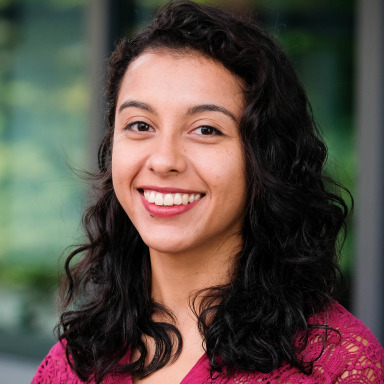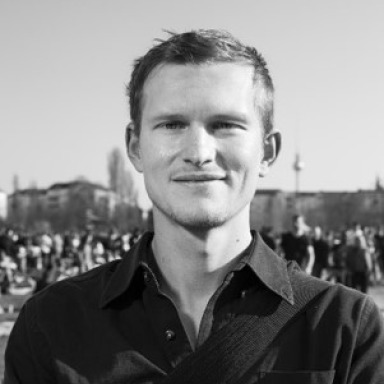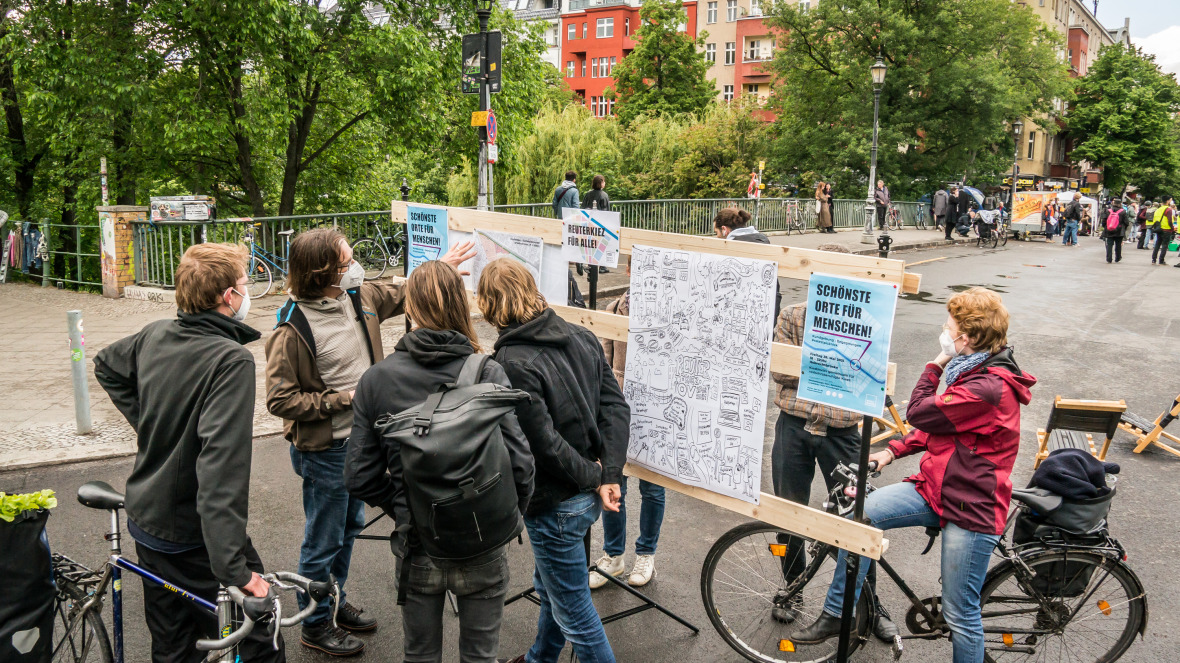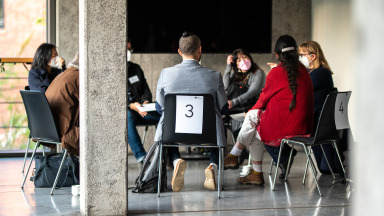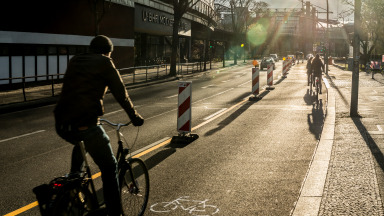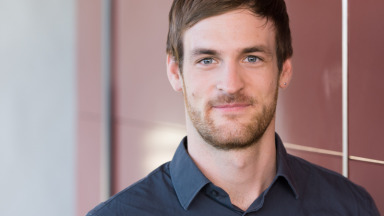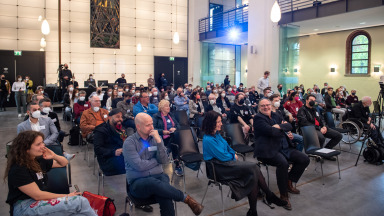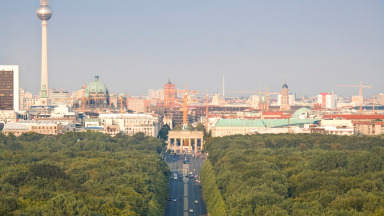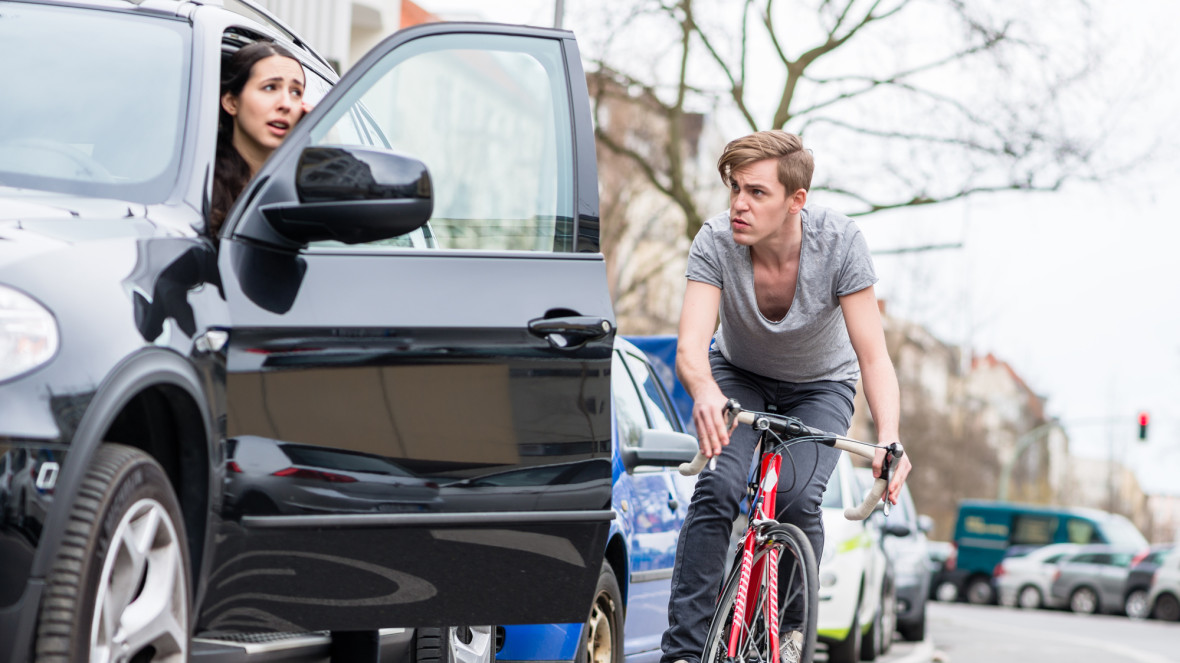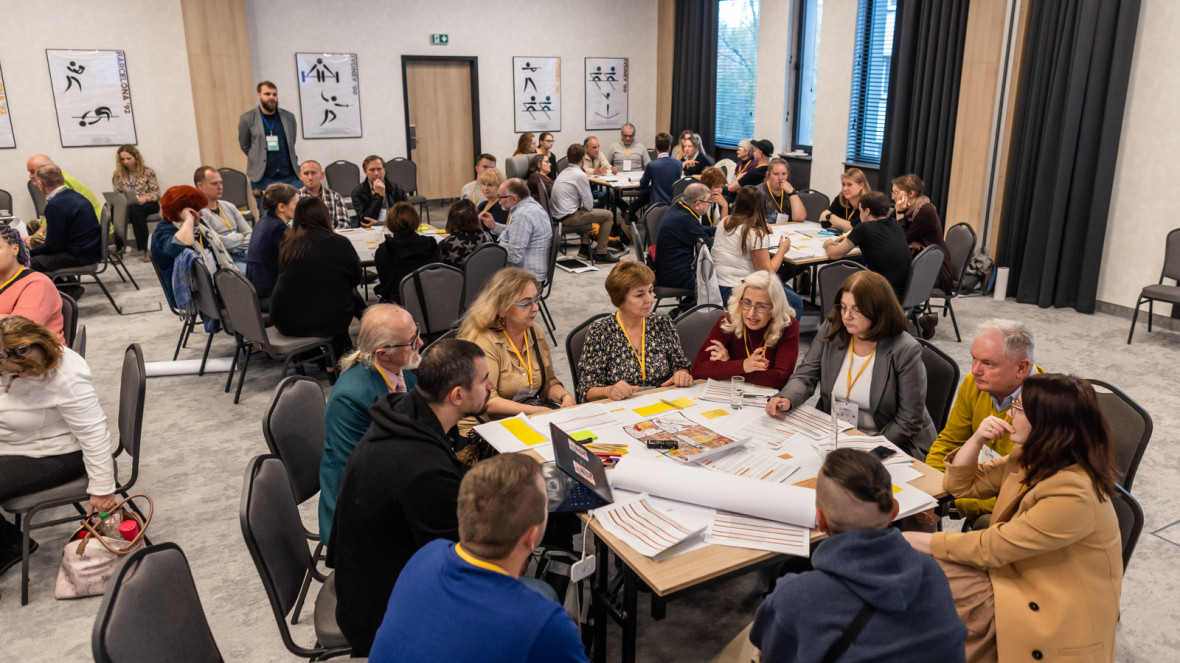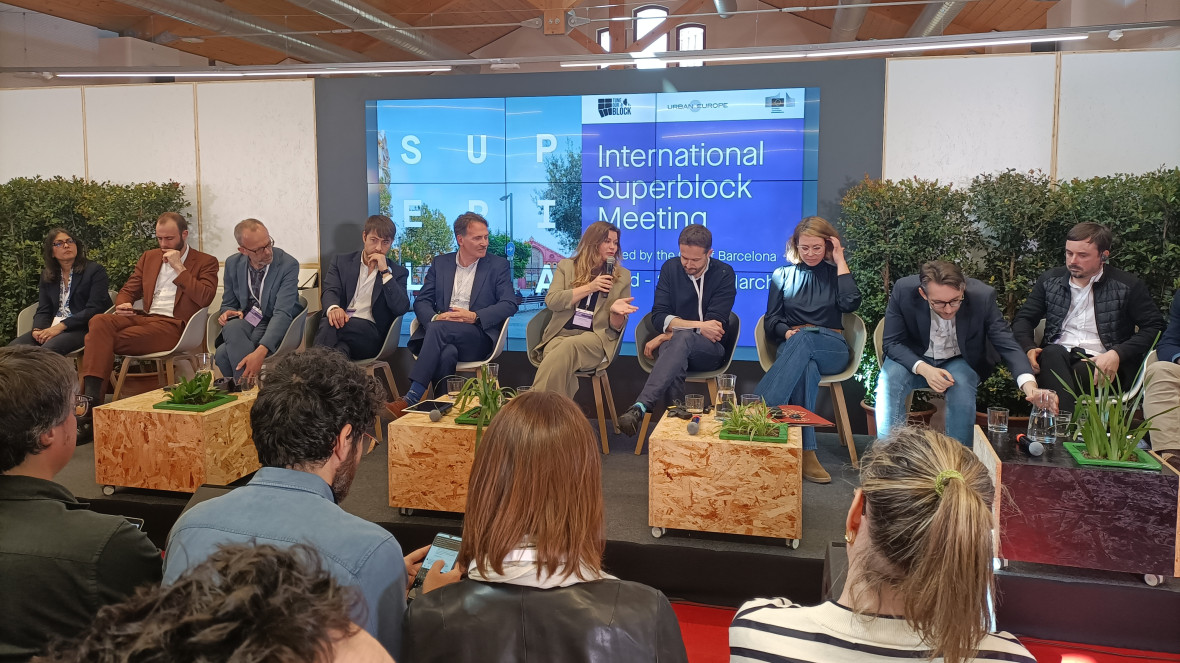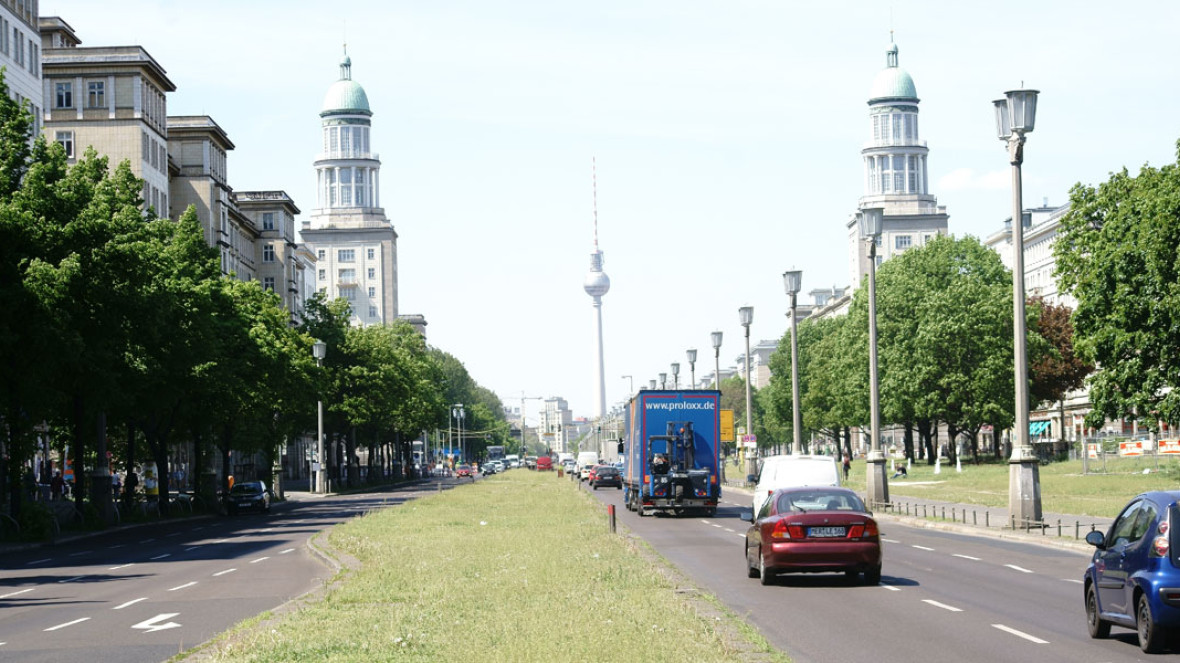Co-Creation in Democratic Practice

Transformations towards sustainability call for cooperation between different interest groups. Which cooperation formats enable citizens to engage with efforts to tackle sustainability challenges in the midst of complex constellations of actors and relationships of power? This is the central research question addressed by this group.
Many of the major challenges arising as we move towards a more sustainable society, such as the coal exit and the mobility transition, cannot be properly addressed within individual policy fields or by their protagonists alone. Meanwhile, many policy processes unfold beyond the bounds of democratic decision-making, preventing affected segments of the population from having their say. Research conducted by this group investigates how cross-sectoral and citizen-oriented cooperation could contribute to transformations towards sustainability.
This research group consists of process designers and policy researchers and is distinguished by its experimental approach, which combines theory and practice to consider how citizen-oriented approaches to cooperation can engage with and influence political processes. Their analyses focus, among other things, on the complex power dynamics that come into play when unconventional forms of knowledge and work enter institutionalized policy fields. On the practical level, the research group works to develop innovative cooperation formats that enable the general public and affected actors to tackle sustainability challenges together.
Examples of these 'co-creative' formats for the development of science-based guidance for policymakers, civil society, and the public include a consultation process and the development of citizens' councils in Tempelhof-Schöneberg (Berlin), scientific support provided to locally initiated mobility policies in Berlin, and the successful development of the BMBF-funded project "Social Transformation and Policy Advice in Lusatia".
